In the wake of the recent trade agreement between the United States and China, which saw tariffs reduced significantly, many economists have breathed a collective sigh of relief. The risk of an imminent recession, they argue, has diminished. However, JPMorgan Chase’s CEO, Jamie Dimon, remains cautious. In a Bloomberg TV interview on Thursday, Dimon stated, “I wouldn’t take it off the table at this point.” His perspective offers a nuanced view of the current economic landscape, highlighting both the positive impacts of the trade deal and the lingering uncertainties that could still lead to economic turmoil.
The trade breakthrough from weekend talks in Geneva, where Trump administration officials and Chinese government officials reached an agreement, has indeed had a calming effect on the markets. JPMorgan economists lowered the risk of the US economy entering a recession to below 50%, down from 60% previously. The agreement involved the US reducing tariffs on most Chinese goods to a minimum of 30% from 145%, and China lowering tariffs on most American goods to 10% from 125% for the next three months. Dimon acknowledged the positive impact of this agreement, stating, “It obviously calms down the markets. That’s not the reason to do it, but the markets do vote, or something like that.”
The market’s response to the deal was immediate and significant. After the announcement on Monday, US stocks surged, with the Dow closing nearly 1,200 points higher that day. The index, which had fallen sharply last month following President Donald Trump’s introduction of higher tariffs, is now just barely in negative territory for the year. The Nasdaq, which had entered a bear market on April 4, closed more than 20% higher from its lowest point this year, marking the start of a new bull market. This volatility has had a mixed impact on financial institutions like JPMorgan Chase. While it resulted in higher trading volume, benefiting the bank, Dimon noted that such volatility is not always advantageous. “This one happened to be good. The next go around may not be so good,” he said.
The trade war initiated by Trump has raised questions about the perceived stability of American financial assets, traditionally seen as a safe haven during times of uncertainty. For decades, investors have flocked to American financial assets, especially government-backed debt, due to their perceived stability. However, the ongoing trade disputes have pushed some investors to look abroad to other markets, such as Europe, raising concerns about the “American brand.”
Dimon challenged the notion that American companies have an inherent advantage over foreign ones. “You do not have a divine right to success,” he said, citing numerous American businesses that have failed. “We shouldn’t assume it’s forever,” he added, referring to the concept of American exceptionalism. Despite these challenges, Dimon remains bullish on America as an investment destination. “If you were to take all of your money and put it in one country, it would still be America,” he said.
Dimon’s views extend beyond economic analysis. In the same interview, he shared his perspective on political leadership, stating that he does not see Trump regularly but speaks to “all of the folks there.” He also expressed admiration for French President Emmanuel Macron, calling him “one of the best political leaders on the planet today.”
The implications of Dimon’s cautious optimism are far-reaching. While the trade deal has brought some stability to the markets, the underlying issues that led to the trade war remain. The reduction in tariffs is a positive step, but the potential for future volatility remains. Investors and businesses must navigate this uncertainty with a mix of caution and optimism. The US economy’s resilience has been tested, and while the immediate threat of a recession may have receded, the long-term impact of trade policies and global economic dynamics remains to be seen.
Jamie Dimon’s perspective offers a balanced view of the current economic situation. While acknowledging the positive impact of the US-China trade deal on market stability, he remains vigilant about the potential for future economic challenges. His views on the “American brand” and the importance of not assuming inherent superiority highlight the need for continuous adaptation and innovation in the face of global competition. As investors and businesses navigate the post-trade deal landscape, Dimon’s insights serve as a reminder of the importance of preparedness and adaptability in an ever-changing economic environment.
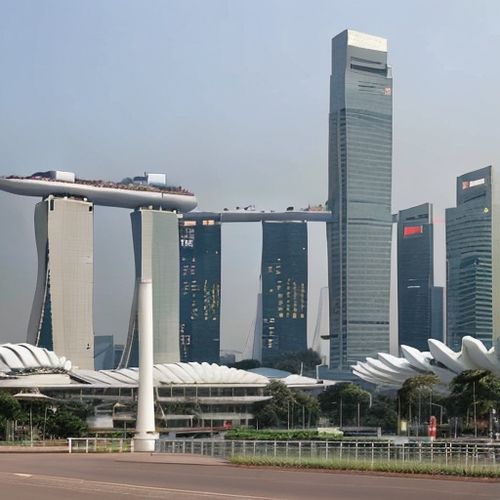
By Laura Wilson/May 16, 2025
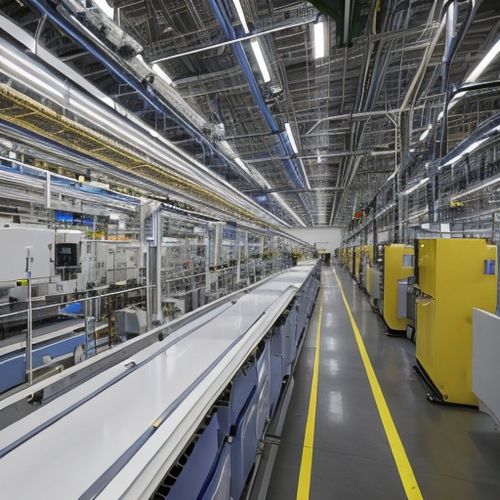
By Michael Brown/May 16, 2025
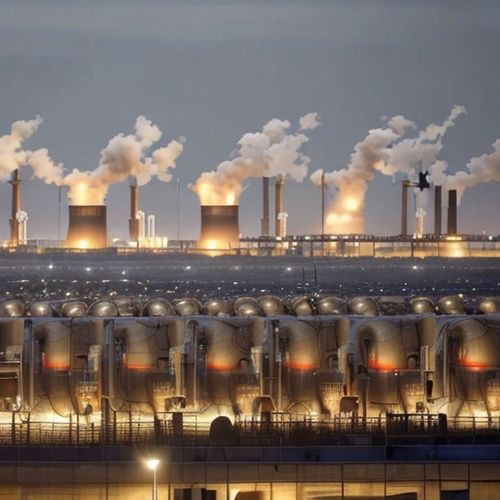
By Elizabeth Taylor/May 16, 2025
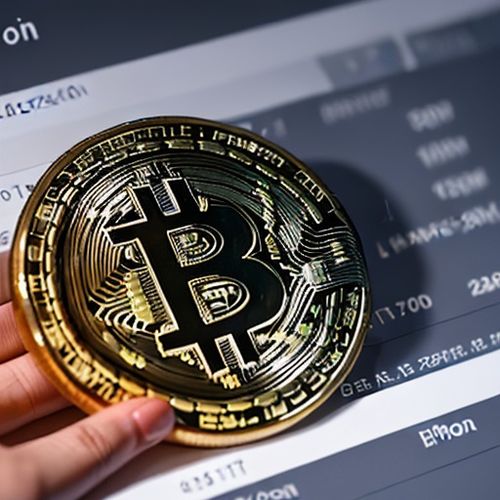
By Sophia Lewis/May 16, 2025
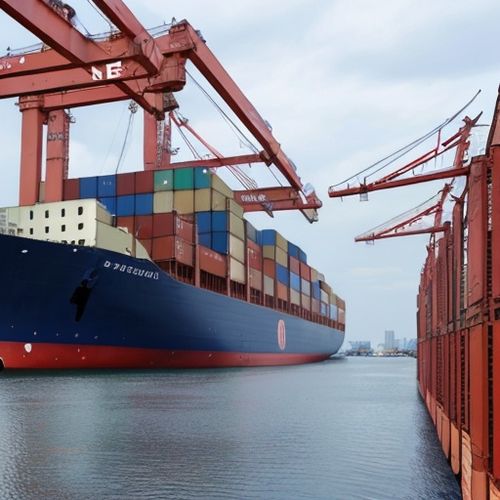
By Noah Bell/May 16, 2025
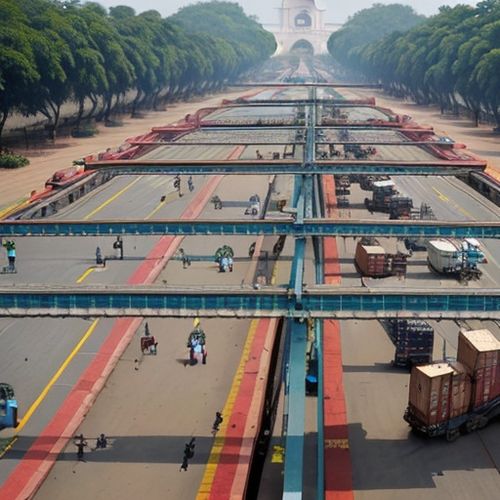
By Joshua Howard/May 16, 2025
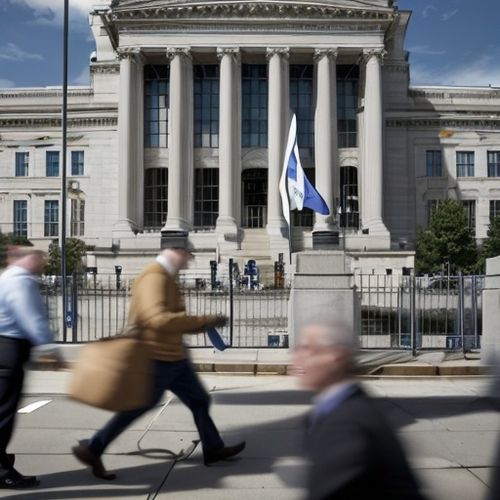
By John Smith/May 16, 2025
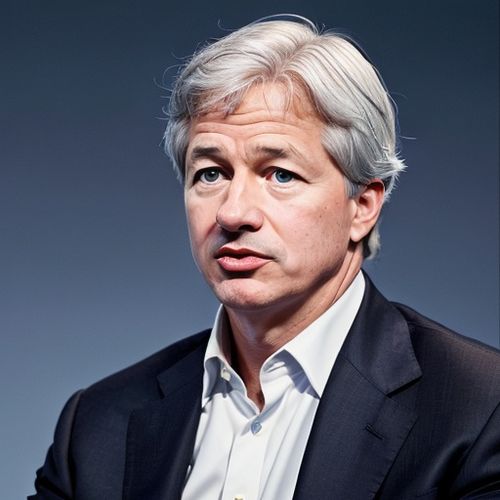
By Laura Wilson/May 16, 2025
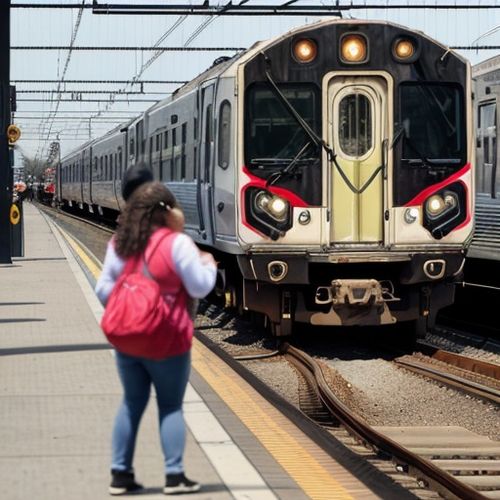
By Benjamin Evans/May 16, 2025
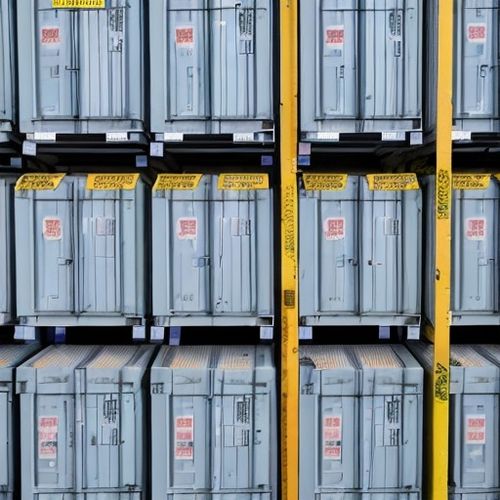
By Michael Brown/May 16, 2025
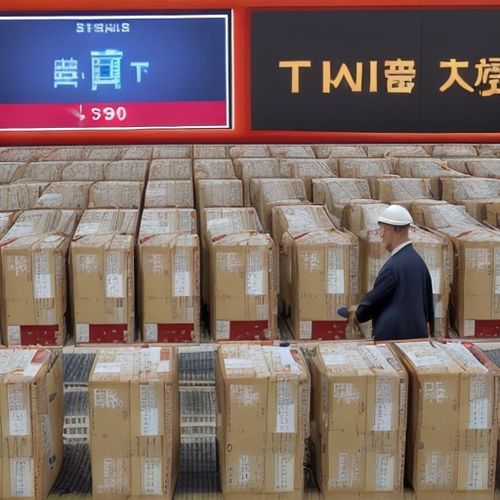
By Sarah Davis/May 16, 2025

By William Miller/May 16, 2025

By Sarah Davis/May 16, 2025
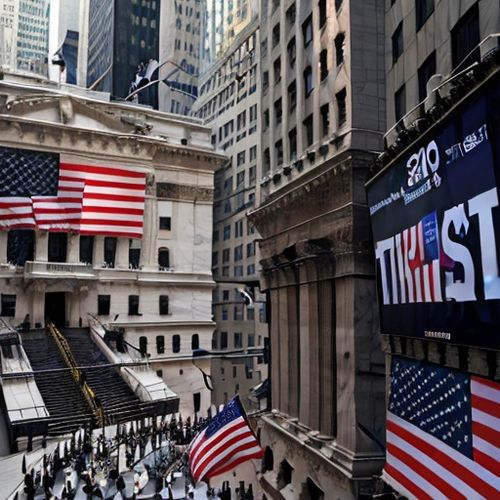
By Benjamin Evans/May 16, 2025

By Rebecca Stewart/May 16, 2025

By Natalie Campbell/May 16, 2025
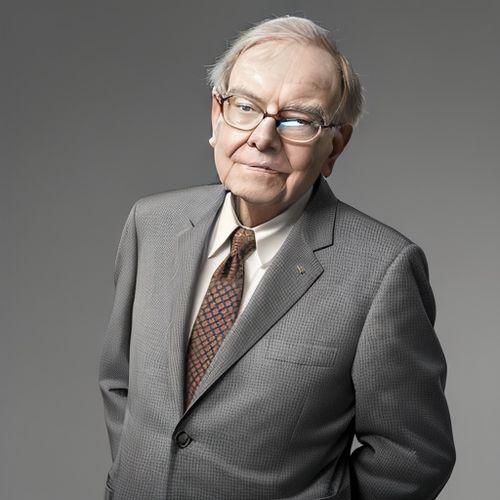
By Lily Simpson/May 16, 2025
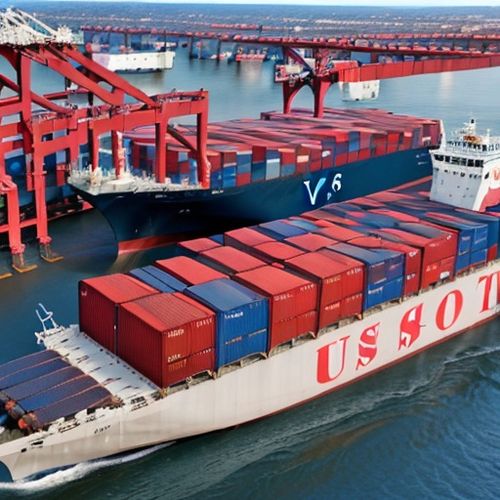
By Olivia Reed/May 16, 2025

By Olivia Reed/May 16, 2025

By Elizabeth Taylor/May 16, 2025